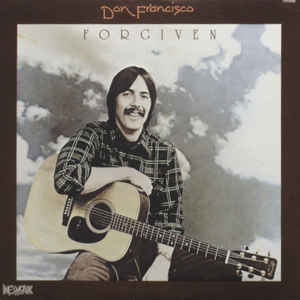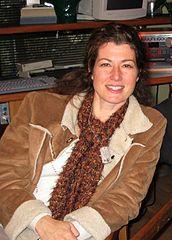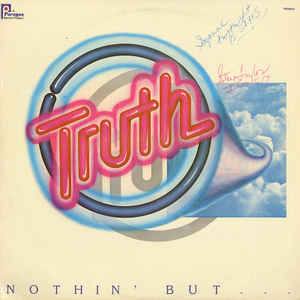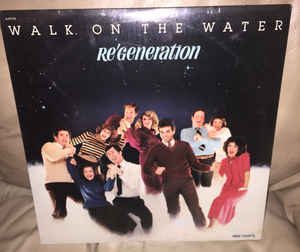This is mark Joseph “young” blog entry #320, on the subject of The Song “Free”.
For those at The Objective Session for The Extreme Tour this year, this is the song of which I sang the first verse and chorus at the composition seminar that gleaned such a positive response. The entire song is here.
I ranked this number 6 as far as best songs go, and number 3 on quality of recording and performance, but Tristan did not include it in his list at all, which dropped it down to number 6 on our combined list. Still, it is one of our top choices, and particularly when I am going solo, since if you hadn’t noticed three of the previous four songs require multiple vocals to work at all. (The ranking system is explained in connection with previous web log song posts, linked below.)
Free.
This was also far and away the most difficult song Collision recorded or performed, and in every way.
When we performed it on stage, I always arranged the program such that after this song I would have a moment to catch my breath, as I was always winded after playing bass and singing. The transition to the bridge isn’t so bad when singing and playing guitar, because they are in sync; but the bass part requires playing three eighth notes into the bridge while the vocal is a quarter note, and hitting both of them was always a challenge. In the studio–this recording is from the Collision EP Of Worlds–we didn’t get past the second verse on the first take, and it was probably my fault, but to solve it I decided that we would lay the instrumental tracks first and I would go back to add the vocals, the only song we recorded that way. So unaccustomed was I to singing without playing an instrument that at one point, again probably going into the bridge, I swung my hand wide with my eyes closed and almost knocked over my bass guitar. So it was tough for me.
I know it was tough for Kyle getting the fast changes on the guitar, but he managed it. I wrote some very complicated piano parts for Jonathan, and he didn’t play them exactly as writ but he got the feel of it beautifully. I’m sure, though, that he never took his eyes off the keys, because it was a very demanding part.
As to Nick on drums, well, he always made everything look easy, and he managed the changes between three-four and four-four brilliantly, but a couple years later when Nick left and we were auditioning another drummer, the new guy listened to this recording and said, “Of course, you double-tracked those drums.” I’m not a drummer, but I confess being very surprised and told him no, Nick played that on one take.
Because the song was recorded by Collision there is already a page on the Web which discuss it, here, including the story of its origin.
Free!
Jesus came and Jesus made me Free!
Jesus came and gave His life to me.I live a life that pleases my Father up above
I try to live a life of love.
I listen for His Spirit; He speaks and I obey.
I know there is no other way!Free!
Jesus came and Jesus made me Free!
Jesus came and gave his life to me.He filled me with His Spirit to fill me with His Word,
The greatest thing I ever heard.
And I can see a promise in each divine command,
For this is what He says I am!Free!
Jesus came and Jesus made me Free!
Jesus came and gave his life to Me!What’s written in God’s Word–
I know it may sound quite absurd, but
God is going to do that in my life!
I know it may sound odd,
But it’s already done by God
He did it when He gave me Jesus Christ.Now I don’t have to worry; it won’t depend on me.
My Lord has won the victory
And so I take each promise, believing what He said,
For He has raised me from the dead!Free!
Jesus came and Jesus made me Free!
Jesus came and gave his life to Me!
Jesus came and Jesus made me Free!
Jesus came and gave his life to Me!
I can only hope you benefit from the song in some way. I will continue with additional songs in the future.
*****
Previous web log song posts:
#301: The Song “Holocaust” | #307: The Song “Time Bomb” | #311: The Song “Passing Through the Portal” | #314: The Song “Walkin’ In the Woods” | #317: The Song “That’s When I’ll Believe”
Next song: Voices










